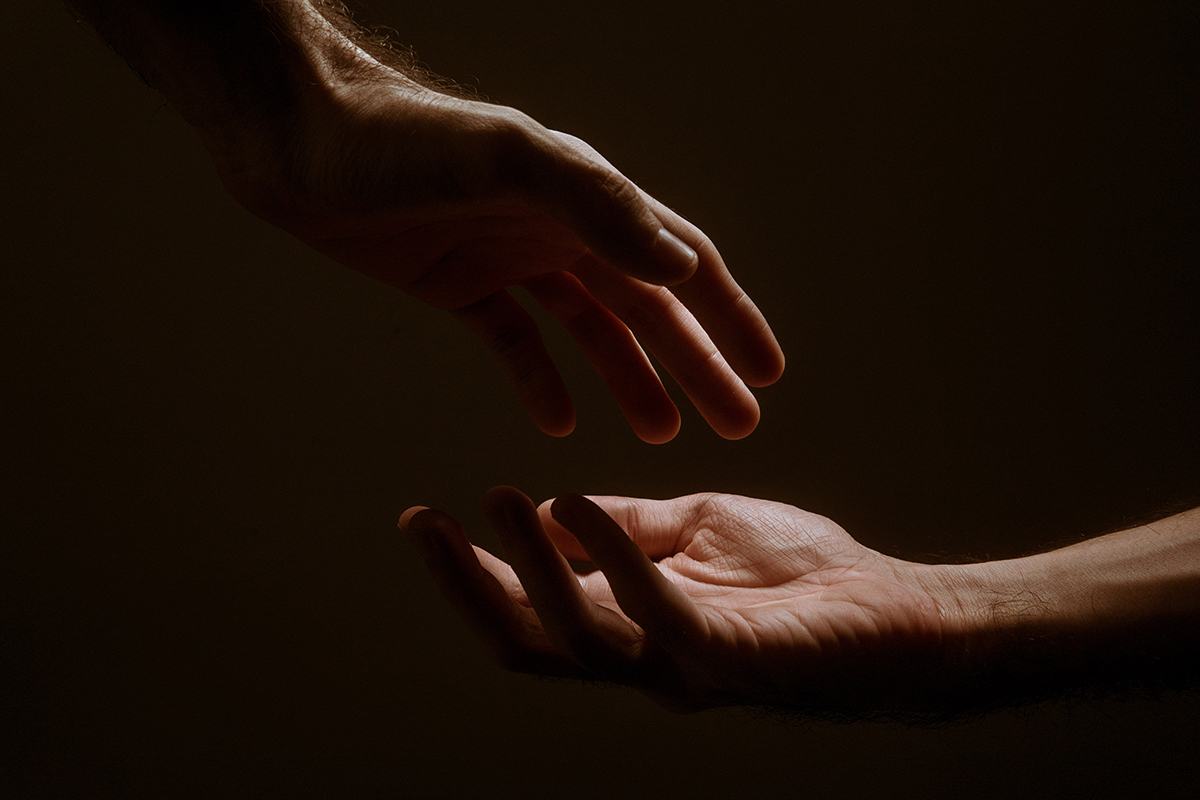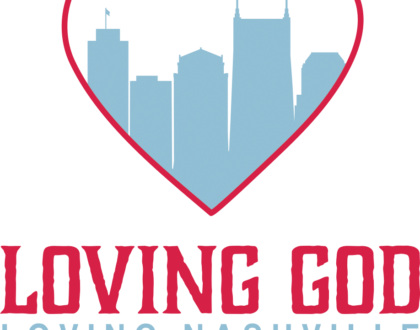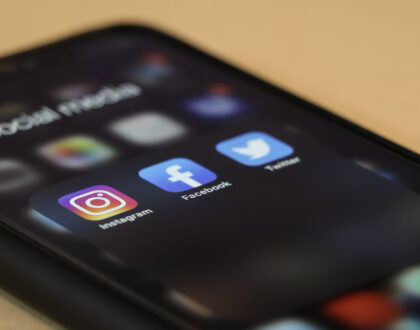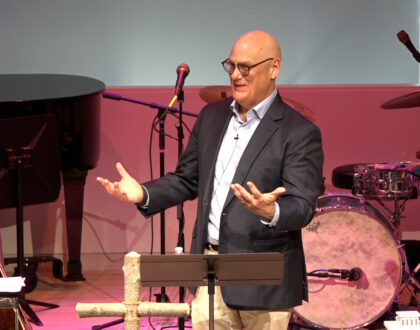Our Basic Need for Human Connection

I spent the majority of this past week in Kansas City at a ministers conference. This was the first time I have been around a large group of ministers since the pandemic started. The stories shared were eye-opening – hearing how fellow clergy have navigated the perfect storm of the pandemic, lockdowns, mask fights, political upheaval, and racial tension.
A veteran minister from Ohio who used to live in Kansas City stood up to introduce our keynote speaker, Methodist pastor Adam Hamilton, by saying this: “A few years back, I hit a wall. I was tired and burned out. I didn’t feel like I could press forward in the ministry anymore. I had lost my drive, my passion, and my call. I had nothing left to pour out. I was ready to quit and go sell beer at Chiefs games because at least people are nice to the beer guys. Then, I got a phone call from my friend Adam telling me he could meet me at a restaurant in twenty minutes. I drove there, met him, and the very first words out of his mouth were, ‘I don’t know what is going on, but I want you to know you are my friend, and I love you.’”
The truth is many of us have felt this way multiple times over the past two years. We’ve reached our breaking point. We’ve felt stressed, exhausted, discouraged, and we’ve wondered how much more chaos and uncertainty we can handle. And just about everybody is looking for somebody to simply show up and say, “I want you to know you’re my friend, and I love you.” Unfortunately, we don’t genuinely check on each other enough. We ask the question, “how are you doing?” and don’t really wait for a response. Our culture of fear and survival has made us less likely to reach out and check on those we love and care about.
Before his death in 2020, Rabbi Jonathan Sacks warned of the dangers of moving from a culture of “us and we” to “I and me” that has reached new levels of self-absorption and even self-promotion. We have not talked nearly enough about what this sustained lack of social contact and interaction has done to us emotionally and spiritually. Human beings are not intended to live in isolation, apart from each other. We are social creatures, wired for connection and community. We find our meaning and purpose in life from being around each other and sharing life together. The quality of our lives will always be directly tied to the quality of our relationships. This is where we find joy and meaning. This is where we gather strength and support. We live life in community and not just by ourselves.
So perhaps we should take a look around. Maybe there is somebody we know who is seriously struggling, barely hanging on, losing hope, ready to give up, and they would really benefit from the words, “You’re my friend and I love you.” That just might give them the hope they need to keep pressing forward in a time where many are stressed and exhausted.
Recommended Posts

Loving God, Loving Nashville
April 24, 2024

Authenticity in a Social Media World
April 16, 2024

“Leveraging Our Love” – Jay Hutchens – April 14, 2024
April 14, 2024

